Differentiated Service Delivery for
HIV Testing and Treatment
Current State of Implementation and Need for Scaling up in Africa
Tuesday, December 7, 2021 – 15:27 PM – 16:12 PM

About this Session
As countries work to achieve the 2025 global HIV targets, effective implementation of the new Global AIDS Strategy 2021-2026 will require ongoing advocacy, innovation, and adaptation of policies and service delivery strategies, as well as an enhanced focus on differentiated, people-centered, community-responsive, and local context-specific models. These approaches are critical to enabling accelerated access and uptake of HIV testing and treatment services by addressing policy, programmatic, and service delivery gaps and leaving no one behind.
In April 2021, WHO released new guidelines on HIV prevention, testing, treatment, service delivery, and monitoring that include actions that countries can take to improve the delivery and uptake of HIV services for different ages, populations, and settings, by providing a greater number of options for differentiated approaches.
This satellite session will gather key stakeholders from ministries of health, communities, civil society, HIV, and other program implementers, researchers, and funders with the objectives:
1) to highlight ways in which differentiated service delivery (DSD) for HIV testing and care have enhanced national efforts in reaching 95-95-95 targets for all relevant population groups, 2) to present new partnerships, tools, policies, and best practices, and 3) to call attention to important policy shifts and innovations for implementation and scale-up.
Agenda
- Welcoming/Housekeeping – Nathan Ford, WHO
- Framing Remarks – Ani Shakarishvili, UNAIDS and Nathan Ford, WHO
- Panel discussion
- Moderator: Ali Feizzadeh, UNAIDS
- Panelists: Obinna Onyekwena, The Global Fund, Miriam Rabkin, ICAP at Columbia University, Anna Grimsrud, the International AIDS Society, Anthony Ashinyo, National AIDS/STI Control Programme, Ghana Health Service, Ghana, Elsie Ayeh, National Network of Positives, Ghana, Hélder Macul, National STI-HIV/AIDS Programme, Ministry of Health, Mozambique, Ezequias Simango, Mozambique Civil Society Platform for Health, Mozambique
- Closing Remarks – UNAIDS and WHO
Panelist and Speaker Bios

Anna (Ani) Shakarishvili
Access to Treatment and Care, and Integration, UNAIDS (co-chair of session)
Read more
Dr. Ani Shakarishvili, MD, brings over 25 years of working in global and public health in HIV, sexual and reproductive health, adolescent health, public and global health research, program implementation, and management in Eastern Europe, Central Asia, Africa, and the U.S.A. She has worked for over 15 years in senior positions within UNAIDS, including as UNAIDS Country Director in Ukraine and Senior Adviser at the UNAIDS U.S. Liaison Office in Washington D.C. She currently leads the Access to HIV Treatment and Care and Integration team at the UNAIDS global office in Geneva.
Before joining UNAIDS in 2005, Dr. Shakarishvili held senior positions for the global STD and HIV programs at the U.S. Centers for Disease Control and Prevention (CDC) in Atlanta.
Dr. Shakarishvili holds a degree from the Tbilisi Medical University in Georgia and an equivalent to Master of Public Health from the CDC in the U.S.A. She is an author of a book on family planning and contraceptive technology and publications on HIV, sexual and reproductive health, and STIs. She is also a professor in Epidemiology and Biostatistics and Global Health at the George Washington University Milken Institute School of Public Health in Washington D.C., U.S.A.
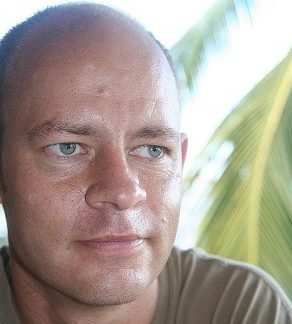
Nathan Ford, WHO
(co-chair of session)
Read more
Dr. Nathan Ford, MPH, PhD, FRCPE, is a scientific officer within the department of HIV/AIDS, Viral Hepatitis, and STIs at the World Health Organization in Geneva. He is also the chair of WHO’s Guidelines Review Committee. Before joining the WHO in 2012, he worked with Médecins Sans Frontières (MSF) for 14 years supporting HIV programs in several countries in southern Africa and South-East Asia.
He holds a degree in Microbiology and Virology, a Masters in Public Health and Epidemiology, and a PhD in Clinical Epidemiology. He is a Fellow of the Royal College of Physicians of Edinburgh.
.
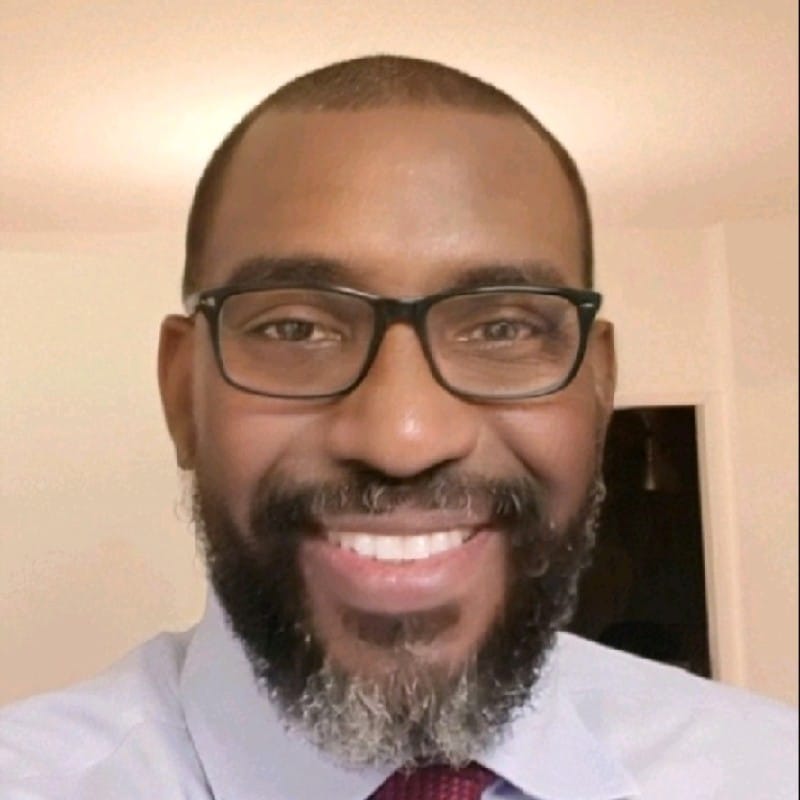
Obinna Onyekwena
The Global Fund
Read more
Dr. Onyekwena is a Disease Advisor on HIV at the Global Fund, where he leads on differentiated HIV service delivery. He also manages the Global Fund’s differentiated HIV service delivery strategic initiative and catalytic investments in HIV self-testing. Dr. Onyekwena is a medical doctor and public health expert with 17 years of experience in international public health, data-driven strategic investments in national disease responses, health policy and advocacy, innovative health product introduction, and scale-up. He has supported several HIV programs across Africa, the Middle East, Eastern Europe, Central Asia, and the Asia Pacific Regions.
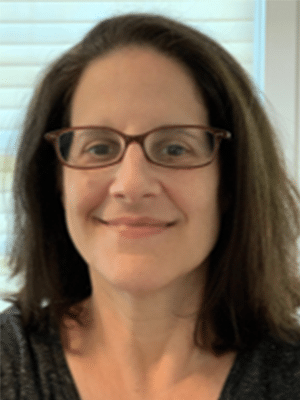
Miriam Rabkin
ICAP at Columbia University
Read more
Miriam Rabkin, MD, MPH, has worked in HIV/AIDS for 22 years, focusing on strengthening health systems to improve the delivery of prevention, care, and treatment services for underserved populations. She is an associate professor in epidemiology and medicine at the Mailman School of Public Health and director for health systems strategies at ICAP, based at the Mailman School of Public Health. At ICAP, she focuses on strengthening health systems, improving access to HIV services in resource-limited settings, and designing, delivering, and evaluating chronic care programs for HIV and non-communicable diseases.
Dr. Rabkin’s current research focuses on implementation science and on ways to leverage the successes and lessons of HIV scale-up to strengthen broader health systems to enhance the quality of programs for HIV, maternal/child health, non-communicable diseases, and infection prevention and control (IPC). She also leads the 21-country CQUIN learning network, designed to accelerate the implementation of innovative models for HIV service delivery in sub-Saharan Africa.
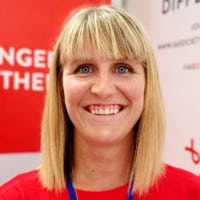
Anna Grimsrud
The International AIDS Society (IAS)
Read more
Anna Grimsrud is the lead technical advisor at IAS – the International AIDS Society – within the HIV Programs & Advocacy department. She holds a Master’s in Public Health and a PhD in epidemiology from the University of Cape Town, South Africa. Dr. Grimsrud worked at the Treatment Action Campaign (TAC) and in implementation science and epidemiology as a scientist and lecturer at the University of Cape Town before joining IAS.
Her academic work includes close collaborations with the Desmond Tutu Health Foundation (DTHF) and Médecins Sans Frontières (MSF). She has led projects funded by the Canadian Institutes of Health Research, the Global Fund, and the Bill & Melinda Gates Foundation. Dr. Grimsrud is a deputy editor at the Journal of the International AIDS Society (JIAS) and serves on a number of national, regional, and global technical working groups on HIV.
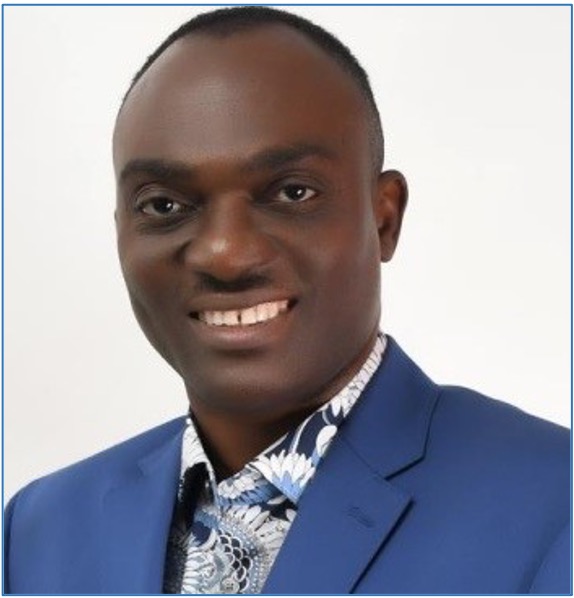
Anthony Ashinyo, Deputy Programme Manager
National AIDS/STI Control Programme, Ministry of Health, Ghana
Read more
Dr. Anthony Ashinyo is the Deputy Programme Manager, National AIDS/STI Control Programme of Ghana. He is a public health physician and epidemiologist with over 18 years of experience working in HIV in Ghana. He is passionate about reducing stigma towards HIV/AIDS patients, universal access to HIV services, and equitable distribution of care. He has supported developing and implementing several policy directives for HIV control in Ghana.
Dr. Ashinyo has also been a member of the technical teams that reviewed some of the recent guidelines (PMTCT and STI treatment guidelines and DSD operational manual) for the National HIV/AIDS/STI Control Program and is critical in the technical capacity building of the frontline health workforce for DSD roll out in Ghana.
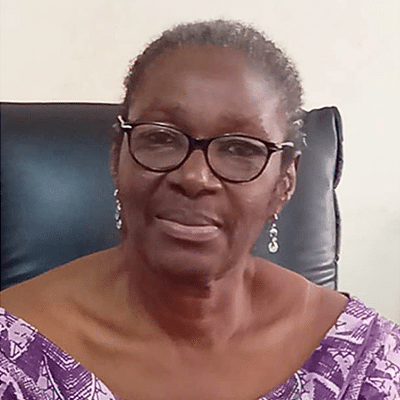
Elsie Cornelia Ayah, President
National Network of Positives, Ghana
Read more
Elsie Ayeh has over 30 years of experience in designing, implementing, managing, monitoring, and evaluating programs and projects for rural and community development, farming systems research, gender and health, sexual and reproductive health including HIV, and savings mobilization for rural women. She is a trainer, with expertise in advocacy, converting research and program-related information into innovative social and development interventions targeting individuals, communities, and policymakers. Ms. Ayeh has worked in management and consultancy positions with international organizations, research institutions, the UN, and other organizations such as ICCO (The Netherlands), PPAG, Rural Development Consultants for Christian Churches in Africa (RURCON), Presbyterian Agricultural Development Services.
.
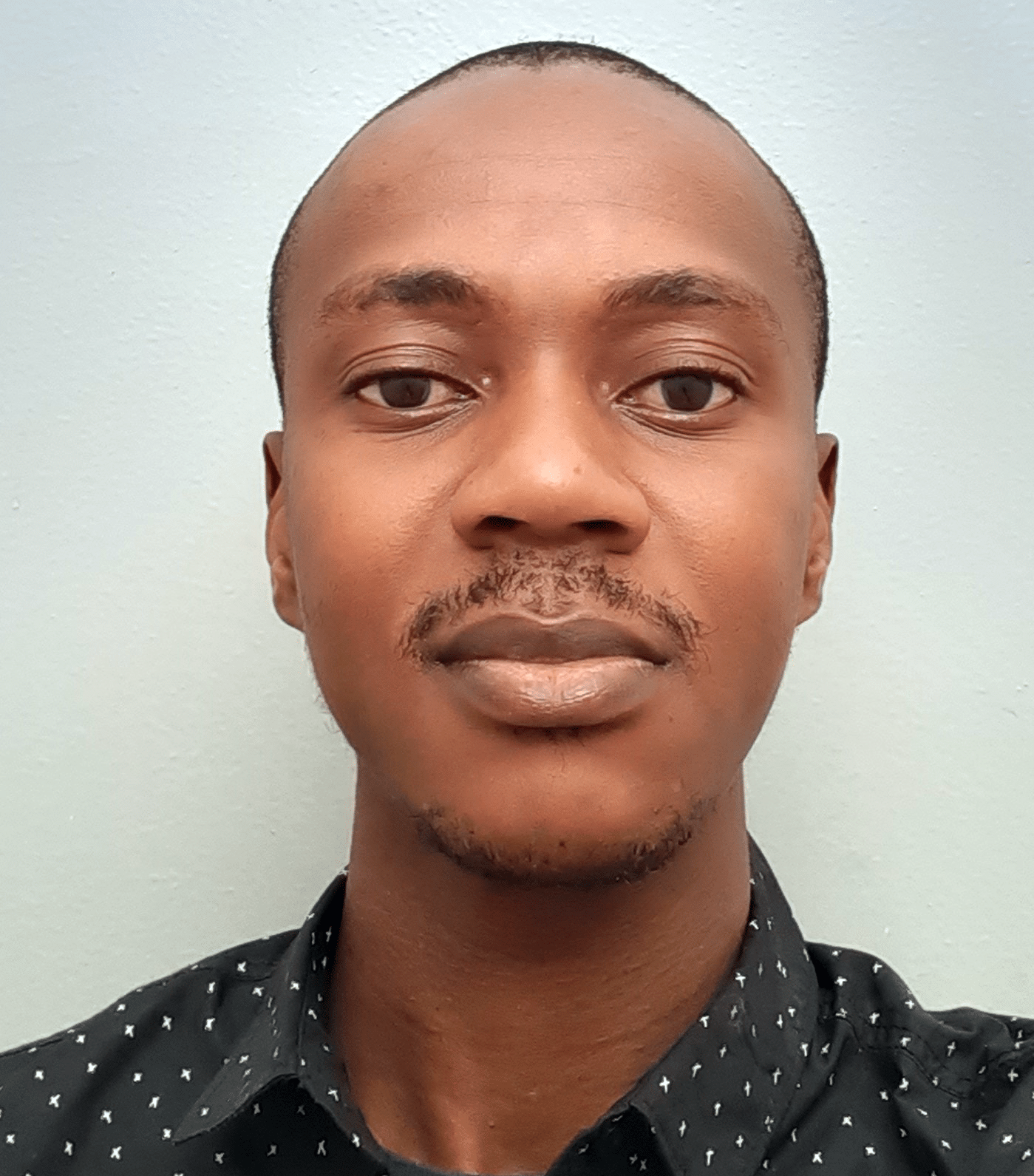
Hélder Macul, Technical Advisor for DSD
National STI-HIV/AIDS Programme, Ministry of Health, Mozambique
Read more
Dr. Hélder Macul is the technical advisor for differentiated service delivery (DSD) at the National STI-HIV/AIDS Program at Mozambique’s Ministry of Health. Previously the Quality Improvement Focal Person at the Mozambican MOH HIV Control Program, Dr. Macul began his career as a clinician in Inhambane Province where he was responsible for TB and HIV programs. He later served as Provincial HIV Officer in Inhambane Province, coordinating the implementation of MOH strategies for STIs and HIV/AIDS. His current role focuses on improving the clinical care offered to people living with HIV, including the implementation of DSD. He studied General Medicine at Eduardo Mondlane University.
.
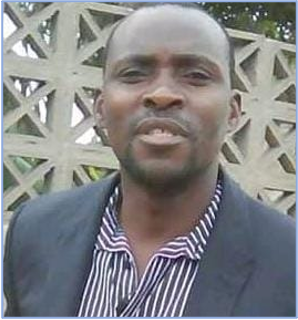
Ezequias Maimisse Simango
PLASOC Mozambique (Mozambican Civil Society Platform for Health)
Read more
Ezequias Maimisse is a member of PLASOC-Mozambique (the Mozambique Civil Society Platform for Health) where he is the HIV focal point for Differentiated Service Delivery. He has a degree in Socio-Educational Clinical Psychology and is a social activist for community health. Ezequias Maimisse is the executive director of the Mozambican Association of Voluntary Activists and Multipurpose Health Agents.
.
Video Presentations
-
The CQUIN DSD Learning Network
- Miriam Rabkin,
- ICAP at Columbia University
-
Implementation of DSD in Mozambique
- Hélder Macul,
- Technical Advisor for DSD,
National STI-HIV/AIDS Programme MOH Mozambique

